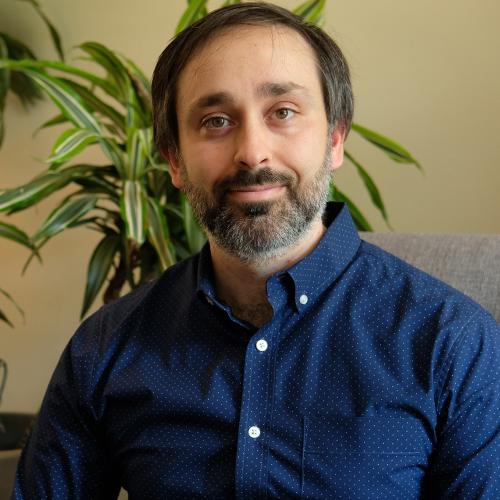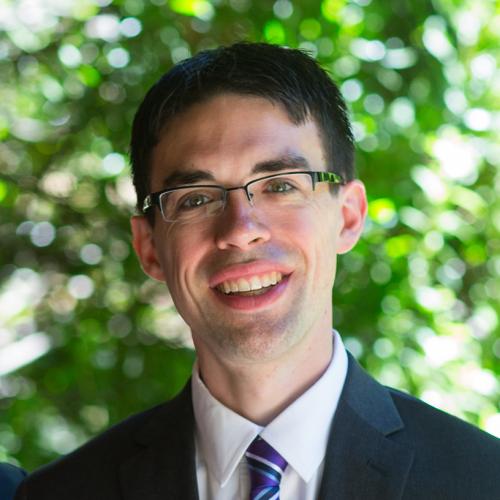The work of an iSchool team led by Visiting Research Scientist Chris Havlin and Assistant Professor Matthew Turk is at the center of a National Science Foundation (NSF) project to better understand the microphysical activities of rocks that affect the upper mantle of the Earth.
The mantle is the interior layer of Earth, between the crust at the surface and the core at the center. Although solid, the mantle can be caused to flow by the push or pull of physical phenomena. The primary driver of mantle flow is thermal convection, which controls the motion of the mantle and evolution of tectonic plates over millions of years. On top of the convective background, processes that occur on shorter timescales cause perturbations of this background state. These include seismic waves following an earthquake, melting of continental ice sheets and glaciers, the annual recharge and extraction of groundwater, and the drainage of large lakes. For this new project, scientists will focus on these shorter time scale responses and consider three locations on the planet with existing datasets, the western United States, Iceland, and Alaska.
Havlin and Turk have been awarded a five-year, $127,723 grant from the NSF to focus on computational modeling for their project, "inveStigating the Transient Rheology of the Upper Mantle (iSTRUM)." Joining the iSchool team for the total $1.6 million project will be scientists from the University of California-Berkeley, Institut de Physique du Globe de Paris, University of Minnesota-Twin Cities, Lamont-Doherty Earth Observatory at Columbia University, University of California-Santa Barbara, and Brown University. The work will integrate theory, experiments, and observations spanning seismic to convective timescales.
"It's rare to have a big project like this," Havlin said. "Our modeling sits at the intersection of all this work. It's at the heart of the scientific process behind this project."
The iSchool team will use a software program Havlin has developed, Very Broadband Rheology Calculator (VBRc), to determine the rocks' properties at various time and length scales. The tool will connect the microscopic description of the rock to macroscopic observations of the land masses as recorded from satellites in space, Global Positioning System networks and seismic stations. Part of the iSchool team's work will be conducting workshops to use VBRc.
"I help the team of scientists to use this tool, and we will adjust the code to make it specialized for this project," Havlin said. "I'm hoping we can get a larger user base and community to modify the tool for their needs."
The results of this study have a bearing on topics ranging from predicting how sea levels will rise due to melting ice sheets to understanding tidal deformation on the Jupiter moon Io.

